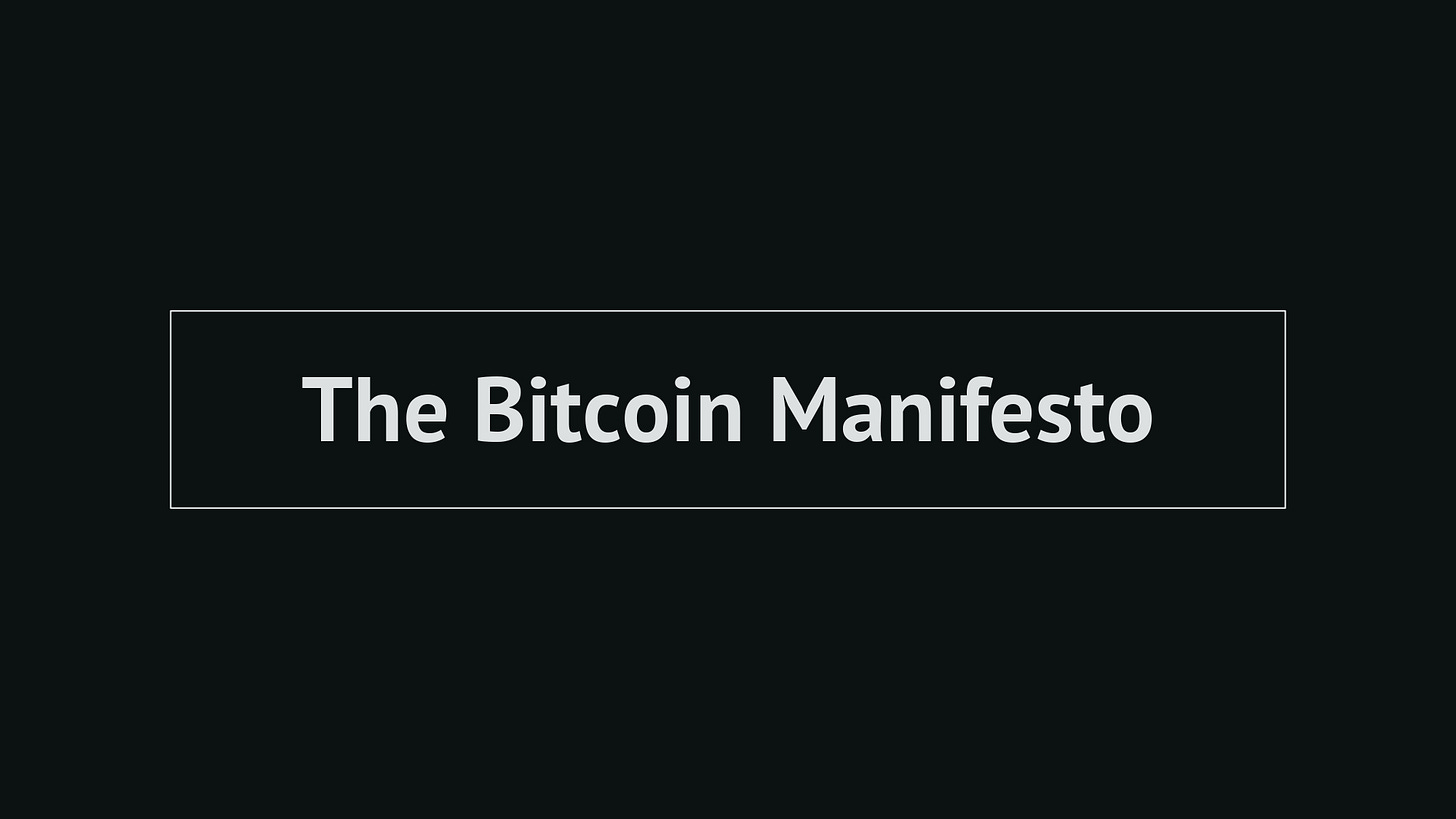Why do currencies lose value over time?
Why isn’t there a single currency in the world that is able to retain its purchasing power throughout its lifetime?
Why is it that only the Fed’s interest rate decisions matter for every other central bank and market participants, but not the other way around?
Why is the U.S. the only country that has the ability to impose sanctions on any nation on Earth?
Why is it that people from poor countries just can’t seem to save up wealth and get out of poverty?
What happens to people’s savings and their livelihood if their government imposes capital controls and cracks down on freedom?
What is the point for people to be productive and civilized members of society, if the fruits of their labour are just going to be inflated away to satisfy the agenda of a despot who does not have the people’s best interests at heart?
From the plight of ordinary Russians who played no part in the Ukraine conflict, but must bear the brunt of U.S. sanctions more than the figureheads themselves.
From the people of Palestine who were forced to lose all of their savings in face of Israeli aggression, effectively wiping the purchasing power that they have so diligently saved up and mandating them to start again from scratch.
From the people of Somalia and Sudan living under total anarchy in which they are afforded no plausible way to save and grow wealth, eventually driving them to become mercenaries or pirates in order to feed their families.
Over the next few decades, the world will go through some of the most tumultuous times in history.
Assumptions that underpin our understanding on the financial system, those that we took for granted and have existed long before the advent of the internet, would suddenly find themselves questioned by the mainstream populace.
Just like how the separation of church and state might seem obvious to us now, the separation of money and state will be obvious in hindsight to our future generations.
The principal catalyst to kickstart it all? Bitcoin.
From sea shells to beads, silver to gold, and gold-backed notes to fiat, our acceptance on what constitutes the best form of money is ephemeral.
We stand on the precipice of change: from the Keynesian thought gaining prominence post Great Depression to the stagflation of the 1970s catalyzing Neo Keynesian economics, the 2008 Financial Crisis promises to be a defining moment in history whereby the pendulum of the orthodox view swings back to Neoclassical roots.
A financial system based on a loose form of the gold standard, with Bitcoin as the neutral world reserve currency acting as a check to any government’s monopoly on its fiat money.
With the separation of money and state, a person’s potential is no longer limited to the jurisdiction they’re under. Money becomes the same for everyone, wherever they are.
Saving and growing wealth becomes a human right, and no government under any circumstance should have the power to remove this right from its citizens.
Revolutions start from the bottom.
To equalize the playing field for everyone to save and grow wealth.
To put a check on government monopoly, and force them to be accountable to its citizens.
Fix the money, fix the world.


